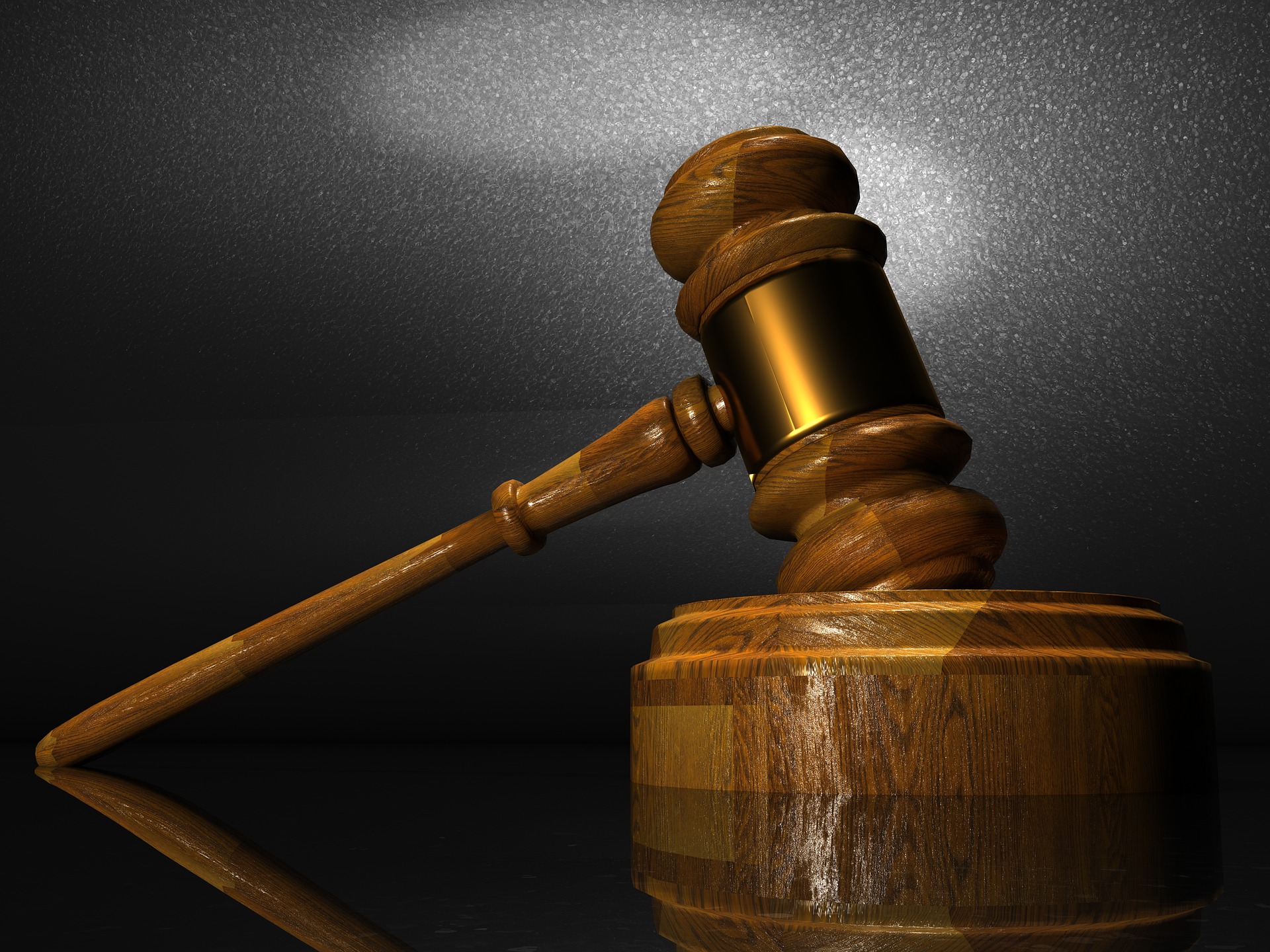
Something few people know is that there are only two jurisdictions in the world that use common law and that has a grand jury in order to screen the validity of a criminal indictment. One of those two is Liberia, the other is the United States. It is also something that has always interested Adam M Smith, who is fascinated by global legal proceedings.
Adam M Smith Explains the Role of the US Grand Jury
A grand jury can issue what is known as a “true bill”, which means someone is indicted for a crime. They will only do this, however, if they believe that there is probable cause that points towards the alleged offender being guilty. This is very different from the “petit jury”, whereby a certain criminal or civil case is instantly decided on.
With a grand jury, there are between 12 and 23 people who make decisions on any case that are heard within their jurisdiction. They are supervised by a federal attorney, a state attorney general, or a county district attorney. They hear any evidence presented in the case “ex parte”, which means the suspect is not present.
All states recognize the grand jury. However, only around half actually use them and just 22 require them for legal hearings. Usually, a preliminary hearing is held by a trial judge to determine whether or not probably cause is present. Civil grand juries exist in Florida, California, and a few other states. They look at criminal indictments, but also investigate how government institutions conduct themselves.
A Brief History of the Grand Jury
The grand jury was heavily involved in public matters when the United States was only just formed. During this time, at least 12 members of the grand jury were charged with making all decisions, constituting a bare majority. Citizens could approach the grand jury directly, asking them to review any type of case or complaint, and this would then be investigated. The investigation would enable the grand jury to determine whether or not there was a case to be made and, if so, a complaining party would be appointed to represent the state. The grand jury essentially ensured people couldn’t prosecute maliciously. By the 19th century, however, public prosecutors became more common and private prosecutions were virtually displayed.
Today, the Bill of Rights, which is a federal bill is in place. One of the only provisions within that bill that isn’t applied to local and state governments relates to grand jury provisions. Specifically, it does not mandate a constitutional, and therefore federal, right for someone to ask for their criminal charges to first be screened by their local grand jury.
The grand jury is controversial. In the United States, it is applauded as the greatest measure of social justice. In the rest of the world, it is seen as archaic and as having no place in modern laws. Adam M Smith wants to continue his research to determine which side of the argument is right.